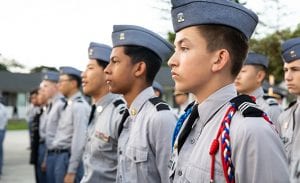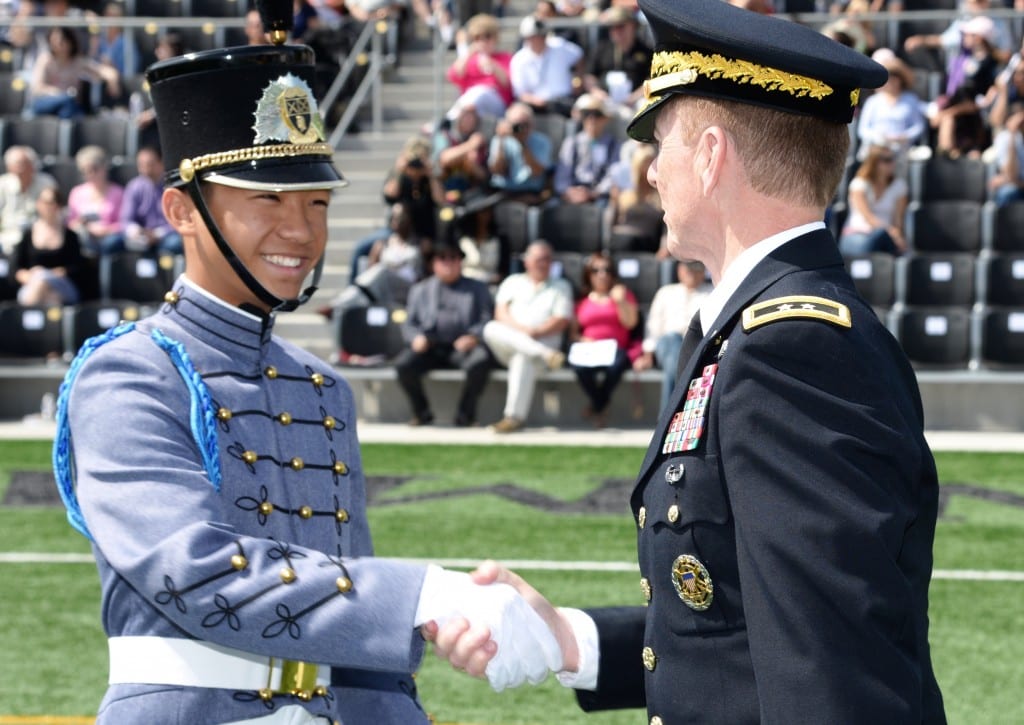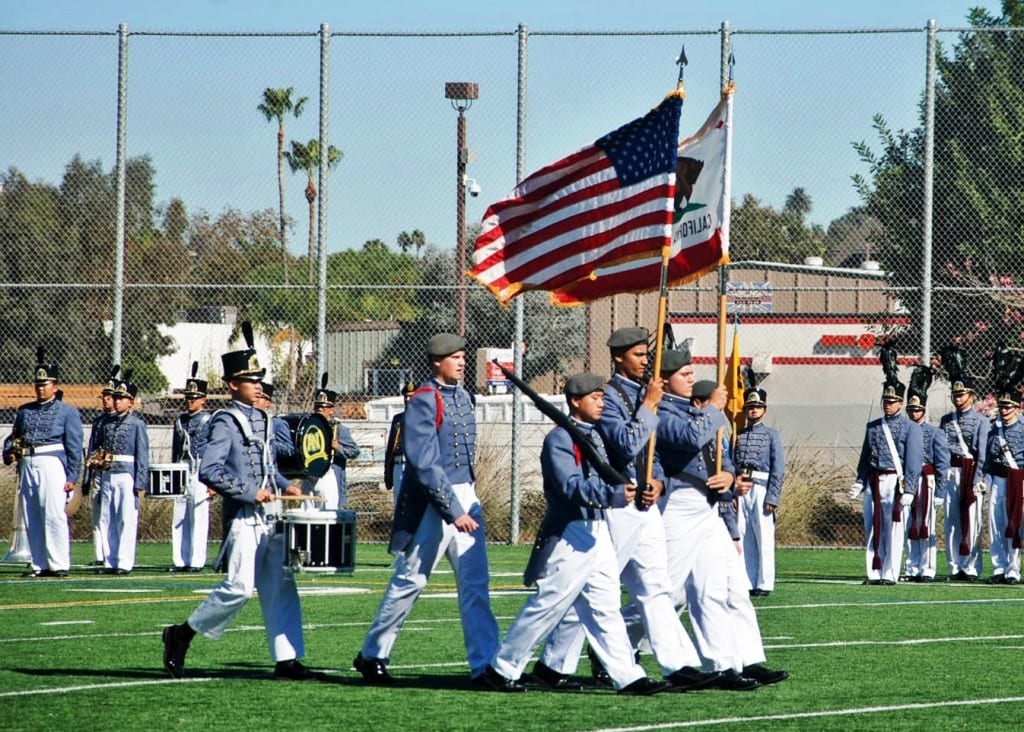 The importance of goal setting at the high school level is often tied to specific college admission goals. However, beyond college preparation, learning to set goals is a lifelong skill that will serve students in high school, college, and throughout their personal and professional lives.
The importance of goal setting at the high school level is often tied to specific college admission goals. However, beyond college preparation, learning to set goals is a lifelong skill that will serve students in high school, college, and throughout their personal and professional lives.
In this article, whether you are a parent, teacher, or student, you will learn more about the importance of setting goals, as well as discover some practical goal-setting strategies, and tactics, See tips.
Why Goal Setting is so Important
“The most difficult thing is the decision to act, the rest is merely tenacity.” —Amelia Earhart
Goal-setting should be integral to an education at any level: elementary school, junior high school, high school and college. At most private schools, and at military boarding schools, in particular, goals are emphasized to ensure the development of the whole person.
- Goals help students forge a sense of identity and determine where they want to go in school and in life. As parents or teachers, it is easy to forget that goals are really about helping students develop a unique identity based on their personal preferences and desires.
- Goals stimulate thinking about the future. Students learn how to make wise choices in the present to create the future they envision in college and beyond.
- Goals fuel students to reach a goal but also inspire them to keep moving toward the next set of goals. They learn to adhere to deadlines, compartmentalize and prioritize projects, as well as define their personal strategy and tactics to attain goals.
- Goals help students achieve in academic classes, but also in leadership roles, athletics, and campus life clubs and activities. Figuring out goals requires independent and critical thinking skills that will be required long after students graduate from high school.
- Goals help students reach higher, but they also teach students to ground themselves in reality, set realistic goals and deal with adversity and setbacks.
- Goals teach students healthy coping skills, so they stay focused on what matters most to them. Learning how to manage stress and anxiety is key to accomplishing goals and specific outcomes.
- Goals cultivate a growth mindset focused on personal development, a passion for learning and an openness to the development of resilience, grit, perseverance and tenacity.
- Goals require time management – By giving priority to daily schedules, projects and activities, students in middle school and high school learn to put a value on their time and resources.
How Can Goal Setting Help with Academic Performance
“According to a study by Dr. Gail Matthews at Dominican University on goal setting statistics, if you write down your goals, you are 42 percent more likely to achieve them. The individuals who set time-bound goals and start weekly progress reporting encourage peers to achieve 40% more than those who did not.” – Dreammaker
Let’s take a case in point by looking at a San Diego military school for boys in grades 7-12, where academic goals are integral to all aspects of campus life. Teachers, coaches, and residential life staff support students to meet specific academic goals in this college prep environment, along with goals for leadership and athletics. Here are several outcomes that goal-setting produces at this military academy:
- Habits Improve – Goals can help students improve study habits and daily structured routines that lead to academic excellence, higher grades.
- Motivation Increases – Once a goal is set, it pushes students to rally and get motivated to hit the end goal. For instance, being on the Dean’s List or Honor’s List or being part of the Honor Society or getting into a top college can provide motivation to improve grades.
- Character Develops – When students set goals, they see themselves in control of their lives and this leads to strong values and character development (e.g. honor, integrity, responsibility, respect, compassion, and gratitude).
- Creates accountability – Having goals makes students accountable for their daily actions, efforts and outcomes such as elevating grades, getting a higher grade point average (GPA), doing homework, preparing for exams, and college planning.
- Mobilizes Action Steps – Goals naturally get students moving into action to accomplish their academic goals, regardless of the obstacles that may be in place. This could stimulate small steps like setting goals for homework or after-school academic support.
- Develops New Skill Sets – In the process of setting and achieving goals, high school students develop critical thinking skills, new problem-solving techniques, and a better understanding of how to overcome academic challenges.
How to Help Your Student Start Setting Goals Now
“Studies supporting the link between goal importance and goal achievement are relatively well established, as are studies of self-efficacy beliefs and goal achievement.” – National Library of Medicine
Looking at people we admire, we often find that goal setting is fundamental to the long-term success and outcomes the person has achieved. After all, if a student doesn’t have a goal in mind, how can they expect to get there if their academic, leadership, athletic, and other goals are not clearly defined?
- Create a Plan – Show students how to formulate a plan and how one achievement can lead to another.
- Compartmentalize – Demonstrate how goal setting can break those larger, more intimidating aspirations down into achievable stepping stones.
- Manage Stress – Help students manage stress. Research suggests that achieving smaller milestones offers greater levels of stress reduction and motivation.
- Find Connections – Illustrate how short-term and long-term goals interconnect. This will give students more focus, time, and energy.
- Enforce Accountability – Hold students accountable for their decisions, daily habits, and outcomes.
- Stay Positive – Provide positive input as students achieve goals and discover their strengths and weaknesses.
Practical Tips to Set Goals
“People who set goals are 10 times more likely to be successful. Those who write down their goals are 42% more likely to achieve them. 83% of people don’t set goals for themselves. People who set time-bound goals and report progress weekly to peers increase their chance of success by 40%.”- Zippia
- Send an Annual Letter – In the annual goal letter, students should include all of their goals for the academic year as well as detail key strategies and tactics to hit goals (e.g. academic, leadership, athletics and other co-curricular activities).
- Hold the Goal in a Vision – Holding a vision helps students realize goals by envisioning them as complete. In an article on Linked In, they cite the fact that “goals change our brain. Studies show that when we train our minds to think about what we want in life and work towards achieving it, our impressionable brain begins to rewire itself in order to attain and achieve the image you’ve set forth.”
- Create a Place to Track Goals – Students should maximize tools such as journals, calendars, action boards, lists, or any format they choose or the school provides.
- Break Down Action Steps – To keep the process from becoming overwhelming, students should break down action items as well as check items off after completion.
- Set Deadlines – Make sure students set deadlines and work backward from the deadline in order to schedule tasks. The bottom line, students need to manage time effectively and strategically.
- Use Positive Self-Talk – Students can learn to begin every day with an intention. They should think about their main focus and prioritize the day with a pep talk.
- Find opportunities to Grow – To accelerate personal growth and deal with setbacks, encourage students to adopt a growth mindset and a real passion for their goals.
- Learn How to Manage Stress – Students need to be encouraged to set attainable goals and manage stress and anxiety actively. Taking breaks and building a life balance between mental, physical, and social pursuits is essential to avoid burnout.
- Enjoy Anticipation of Possibilities – Support students in their positive sense of anticipation of the future and also learn how to create options. By setting goals, a student is creating a concrete roadmap to success.
- Celebrate small and big successes – Students should enjoy and celebrate both big and small successes in all aspects of their lives: mental, physical, social, and emotional.
Resources: To view a related article, see Bright Futures, a college and career guidance company.
Interested in learning more about goal setting at an all-boys military school? Contact us today.




